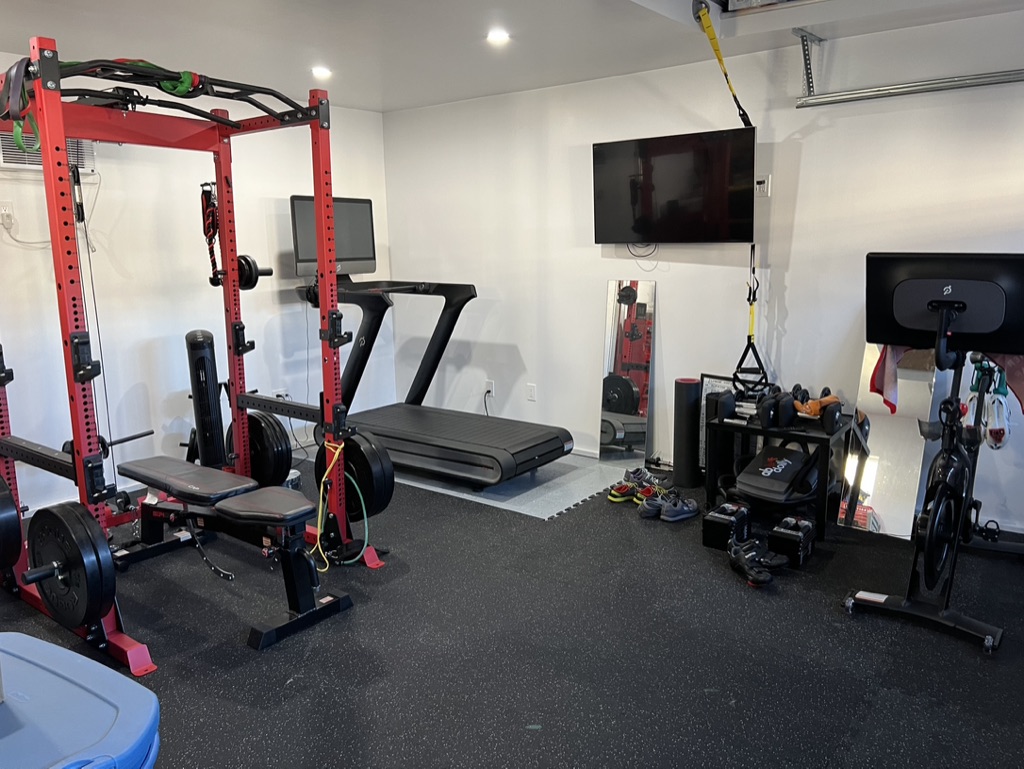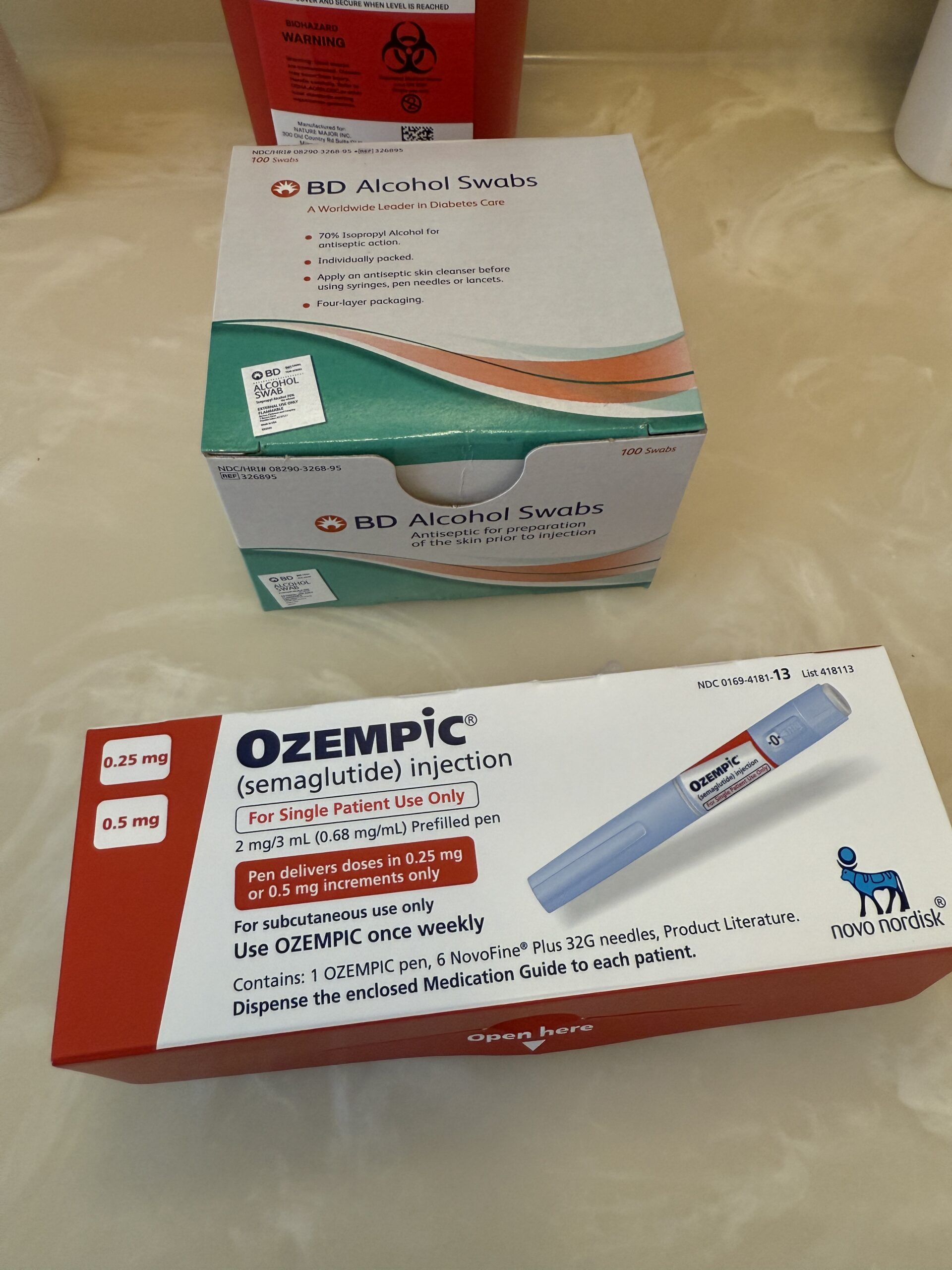Why Protein?
There are three main macronutrients; protein, carbohydrates (carbs) and fats. Of the three, I give my online coaching clients a protein goal and not a goal for the other two. Why is that? What is so special about protein?

Satiating: The Feeling of Being Full and Satisfied
Protein takes longer to digest, so it stays with you longer. It keeps you feeling full and keeps some cravings at bay. It also plays an important role with some of the hormones that impact how our brain processes feelings of hunger.
This is important in a calorie deficit because the goal is not to feel hungry all of the time even though we are eating less.
Muscle: Maintenance & Recovery
When in a calorie deficit your body doesn’t know to only use fat for energy. (Don’t we wish we could just pick where our body gets its energy from? “Hey body, burn some of the fat from my belly to give me energy to teach today, please.”) The body will also break down muscle to get energy. The more protein we eat, the better our body does to preserve the muscle it already has while in a calorie deficit. It is the best defense to keep the body burning fat and not go after our lean muscle mass.
Burns More Calories: Thermic Effect of Food (TEF)

Protein literally takes our body more energy to break down. Your body will burn about 20-30% of the calories you eat from protein to break it down. If you eat 100 calories of protein, you will burn 20-30 calories to process it. In contrast, fat is very easy to break down, you burn 0-3% of the calories you eat from fats and 5-10% for carbs. (Examine, 2022)
So by eating more protein your body will also literally burn more calories than when you eat carbs or fats.
Metabolic Rate
Your metabolic rate is the amount of energy (calories) required to keep you alive and breathing. The more muscle you have/maintain, the higher your metabolic rate will be because muscle takes more energy to maintain, even when you are just sitting on the couch. Eating more protein will help protect your muscle so that you can literally burn more calories watching Netflix!
Okay, so protein is important. Now What?
You understand that eating more protein is important, but where do you start? First, look at the protein you are already eating and simply eat a bit more at each serving. Yes, if you are at the top of your calorie range already, this does mean you may need to make some swaps. More lunch meat on the sandwich in favor for less mayo. More chicken in the taco and less cheese. Find ways to increase the protein you are already eating.
You can also find protein in more places that you probably realize. The image below is from Precision Nutrition shows many protein sources. How many foods from the green, “Eat More Column” are you already eating? Can you add some into the rotation?
Remember that you should have both a calorie range and a protein range when trying to lose fat. While staying in your calorie range is the only thing you need to worry about for fat loss, getting into your protein range is vital to long term progress and fat loss sustainability!
Any questions? Let me know!
Sources:
Examine.com. (2022, August 17). Thermic Effect of Food, https://examine.com/outcomes/thermic-effect-of-food/





One response to “How to lose weight with protein!”
[…] calories or points or protein (whatever you are tracking) next to your meals. This way you can balance out your meals more easily […]